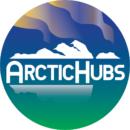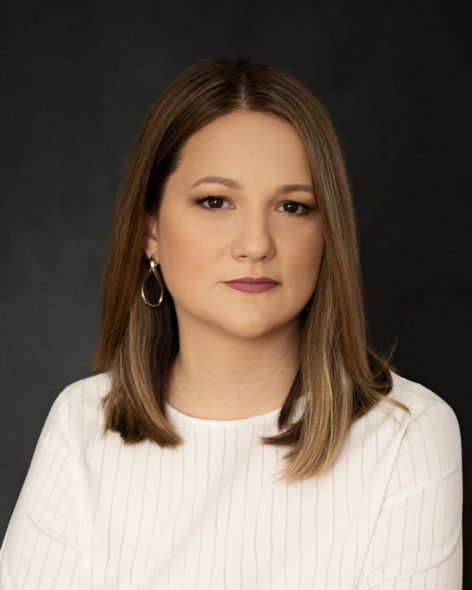ArcticHubs has a wide Consortium of 21 affiliate members, which represents some of the top Arctic involved research institutions, medium-sized enterprises (SMEs) and governmental actors.
The Consortium combines a diverse and multi-focal group of different project actors including not only academic researchers but also experts from SMEs and four practice partners institutions.
Arctichubs researchers are from different countries and academic fields of applied sciences: environmental science, social studies, GIS experts, engineering, geologists, tourism studies, education and training, indigenous culture, anthropology, etc. At the same time, all project staff cover the 5 sectors of analysis of the project: fish farming, forestry, tourism, mining and indigenous culture.
Here are some of the project staff and leader of research actions.
Senior Scientists
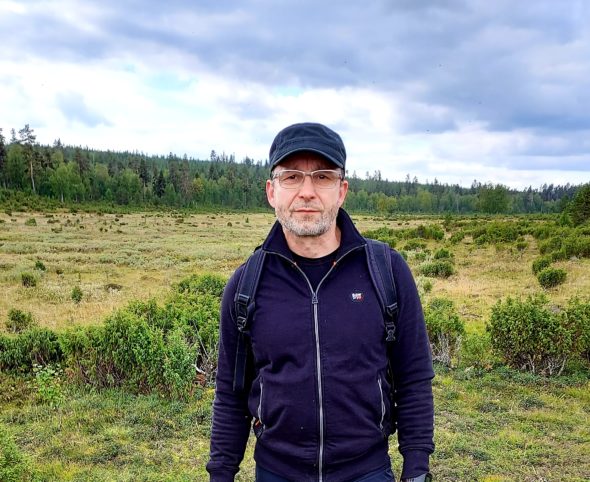 Dr. Pasi Rautio, project coordinator and senior scientist at LUKE.fi
Dr. Pasi Rautio, project coordinator and senior scientist at LUKE.fi
Dr. Pasi Rautio is adjunct professor in plant and environmental ecology and he currently works as a principal scientist at the Natural Resources Institute Finland (Luke). His previous work at the University of Oulu in Finland and Stockholm University in Sweden has concerned issues like biodiversity and restoration of seminatural pastures; evolutionary ecology of plant-animal interactions and air pollution effects on forest ecosystems. He has worked also as a forest policy officer for the European Commission (DG Environment).
In his current research work for Luke he studies forest regeneration methods in areas that are facing the pressures of land uses, such as uses for tourism and reindeer herding. His other research interests include e.g. how climate changes induce changes in snowpack and can affect boreal forests. He is also a member of UNECE forest monitoring programme (ICP Forests) and contributed to the latest AACA-report (Adaptation Actions for a Changing Arctic). Read his interview here.
 Dr. Leena Suopajärvi, senior scientist University of Lapland, WP1 leader
Dr. Leena Suopajärvi, senior scientist University of Lapland, WP1 leader
Dr. Leena Suopajärvi is a senior scientist, University Lecturer in Sociology in the Faculty of Social Sciences, at the University of Lapland and WP1 leader.
Leena’s research interests cover themes such as natural resource management and regional development. Lately Leena’s studies have been related to social impact assessments of the mining industry and the concept of social licence to operate (SLO).
Read her interview here.
Dr. Ivana Živojinović, senior scientist at BOKU University (Vienna), WP3 Leader
Dr. Ivana Živojinović is a senior researcher at the Institute of Forest, Environmental and Natural Resource Policy and at the Center for Bioeconomy at BOKU University (Vienna), as well as for the Forest Policy Research Network of EFI based at BOKU. She holds a Bachelor degree in Landscape architecture, a double Master degree in European forestry and a Doctoral degree in social and economic sciences in forestry obtained at BOKU University.
Since 2011 she has worked in many research projects, both in Serbia and Austria. Her main research interests are: innovation studies in forestry including social innovations, forest policy and governance analysis, forest ownership and urban forestry issues. Currently, she is involved in projects: CLEARING HOUSE (H2020), ArcticHUBS (H2020), Biocities (EFI).
At Arctichubs project, she is the leader of Work Package 3 which focuses on the assessment of socioeconomic and cultural impacts of different industries and policies around the hubs included in the project.
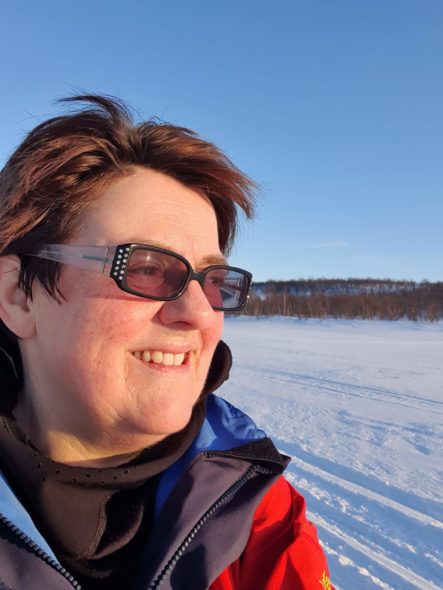
Vigdis Nygaard, senior researcher at NORCE Institute of Research, Norway
Vigdis Nyagaar is a political scientist working at Norwegian Research Center – NORCE, one of the ArcticHubs project partner. NORCE is an interdisciplinary research institute with multiple locations across Norway.
Vigdis Nyagaard has been working on industry development in the Arctic for several decades now. For the ArcticHubs project she is in charge of overseeing the research in the mining sector and norwgian hubs.
Read her interview here.
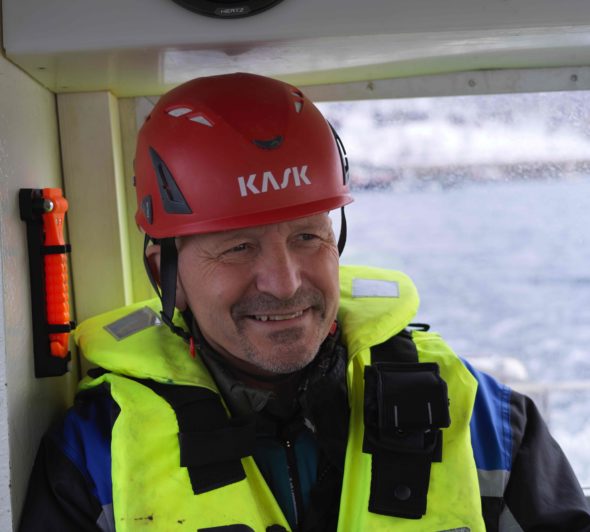
Roy Robertsen, senior researcher at NOFIMA, Norway
Roy Robertsen is a senior scientist at the Department of Industrial Economics of NOFIMA, in Norway. After graduating from The Norwegian College of Fishery Science at UiT – the Arctic University of Norway (1988), he started his career in Fiskeriforskning (now Nofima) for about 6 years. Then he founded and worked in his own consulting firm dealing with research and development projects related to the seafood and aquaculture industry, and for almost 16 years.
Later on, in 2010, he was back at Nofima where he has been working on Enterprise Resource Planning (ERP) systems, environmental assessments, evaluation of regulatory measures in the aquaculture industry, marketing management, quality management, traceability systems, fish welfare, modern salmon stunning systems, coastal zone planning, social licence to operate (SLO), ripple effect studies and coexistence projects. He currently lives and works in Tromsø.
Read his interview here and here the specific case of Varangerfjiord hub.
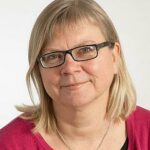 Seija Tuulentie, senior scientist and adjunct professor at Natural Resources Institute Finland, Norway
Seija Tuulentie, senior scientist and adjunct professor at Natural Resources Institute Finland, Norway
Seija Tuulentie (DSocSc) works as a senior researcher and adjunct professor at the Natural Resources Institute Finland (Luke). Seija’s research fields include reconciliation of land use modes, rural development and nature-based tourism. For the ArcticHubs project Seija Tuulentie has been leading Work Package 5 which focuses on the assessment of future scenarios and developments of Arctic hubs and helps us to discuss the desirable, probable and feasible futures and cultural impacts of different industries and policies around the hubs.
Early Career Researchers
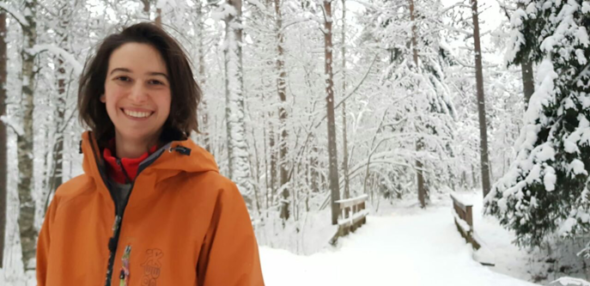
Sara Moioli, intern, University of Trento, Italy, research intern
Sara Moioli has a BA in Languages, Cultures and Societies from India and Iran, and graduated with a thesis about the relationship between poetry and nationalism. After that she spent 6 months travelling in the northern India, both studying the language and trying to experience as deeply as possible the complex and plural cultures of the area. She then enrolled in a MA in Territory and Environment Management, at the University of Trento, where she got the chance to delve into critical issues such as land-use conflicts, environmental policies and equity, and justice in sustainable development, food sovereignty and sustainable agriculture. Her master thesis has been about land use conflicts with a case study on a protected area close to her hometown, Bergamo. She is now doing her internship for the post graduate course TALETE Honour Program of the University of Trento (Italy).
Read her interview here.
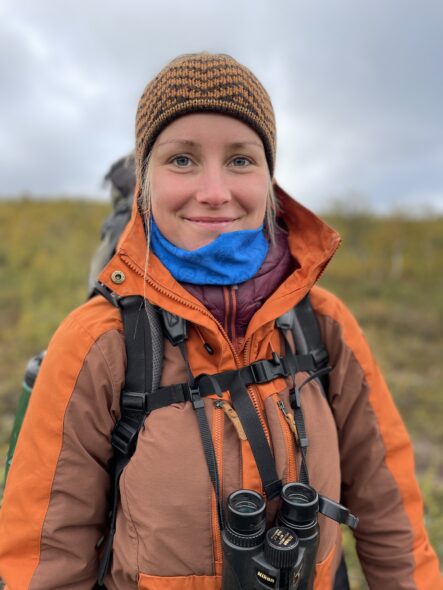 Taru Rikkonen, research scientist at Natural Resources Institute Finland, Norway
Taru Rikkonen, research scientist at Natural Resources Institute Finland, Norway
Taru Rikkonen is a physical geographer, and she holds a master degree from the University of Oulu, where she focused on arctic environment and ecology. Taru originally comes from one of the hubs of the ArcticHubs project – Inari. Taru started with the project ArcticHubs at the Arctic Centre University of Lapland, and she continues with it now as a research scientist at the Natural Resources Institute Finland in Rovaniemi.
Within the ArcticHubs project she mainly focuses on the investigation of different land use issues, in Inari hub area, Norway, for example.
